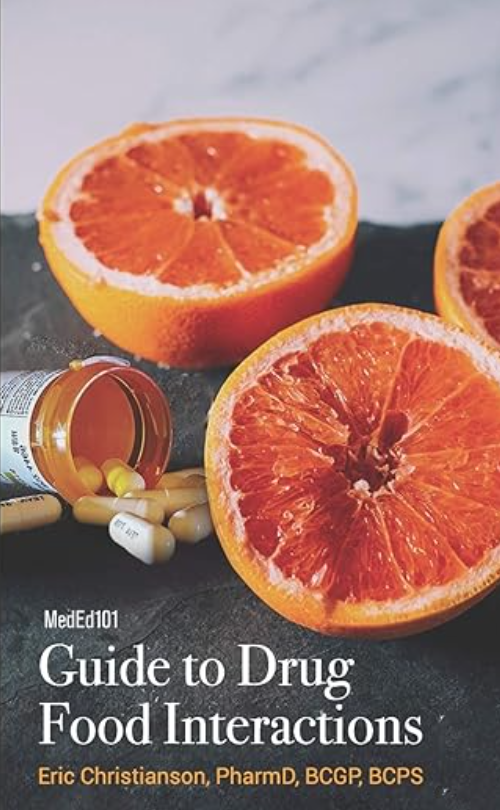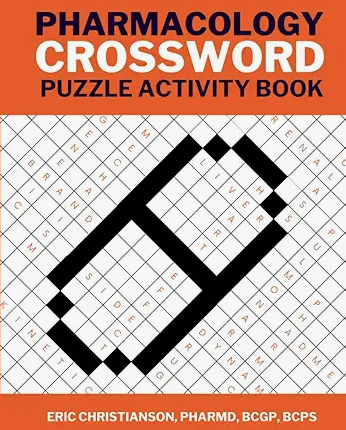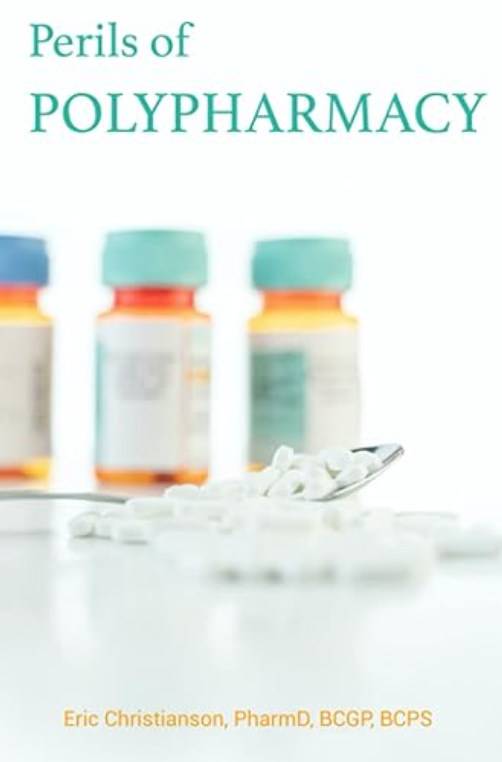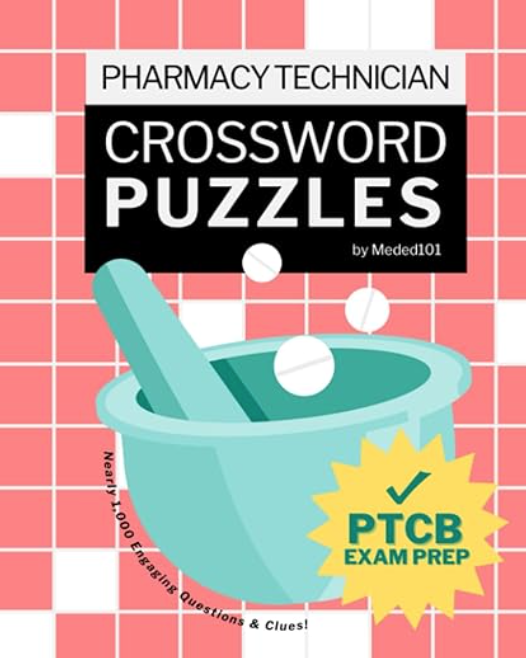It is always controversial to come up with a top 5 list but we went for it. Below we have put together a list of the top 5 landmark trials in hyperlipidemia management. (NOTE: This is part of a bigger project that I am working on with Sarah Zahirudin, PharmD, Candidate. You can see the entire list that we have started (very rough draft, incomplete) at the bottom and I would definitely be open to any feedback on trials that should be added to our master list of consequential medication clinical trials!)
PROVE-IT (2004)
Intensive vs Moderate Lipid Lowering with Statins after Acute Coronary Syndromes
PROVE is definitely deserving of the top 5 landmark trials in hyperlipidemia designation. In this randomized, double-blinding controlled clinical trial, patients (N = 4,162) with acute coronary syndrome were assigned either 80 mg of atorvastatin daily (intensive therapy) or 40 mg of pravastatin daily (standard therapy). The primary endpoint was a composite of death from any cause, myocardial infarction, documented unstable angina required rehospitalization, revascularization, and stroke. The study found that high-dose (80 mg) atorvastatin therapy was associated with a 16% reduction in death or major cardiovascular events compared to standard therapy with pravastatin 40 mg.
JUPITER (2008)
Rosuvastatin to Prevent Vascular Events in Men and Women with Elevated C-Reactive Protein
The goal of this study was to assess whether apparently healthy individuals with lower LDL levels that would not otherwise mandate statin treatment per guidelines (<130 mg/dL), but had higher levels of high-sensitivity C-reactive protein greater than or equal to 2 mg/L, would benefit from taking rosuvastatin. The trial design was a double-blinded, placebo-controlled, randomized, parallel study. Participants (N = 17,802) were randomly assigned to receive either rosuvastatin 20 mg or placebo. Overall, rosuvastatin reduced LDL cholesterol by 50% and C-reactive protein by 37%, and significantly decreased the incidence of a first major cardiovascular event compared to placebo. Rosuvastatin also significantly decreased risk of all-cause mortality by 20% compared to placebo.
IMPROVE-IT (2015)
Ezetimibe Added to Statin Therapy after Acute Coronary Syndromes
This study looked at whether the addition of ezetimibe, a non-statin drug that reduces cholesterol absorption in the intestines, could reduce the rate of cardiovascular events. The trial was a double-blind, randomized trial with patients (N = 18,144) who were recently hospitalized within 10 days for an acute coronary syndrome. The study compared treatment groups receiving a combination of simvastatin 40 mg plus ezetimibe 10 mg (simvastatin-ezetimibe) versus simvastatin 40 mg plus placebo (simvastatin-monotherapy). The primary endpoint was a composite of cardiovascular death, nonfatal myocardial infarction, unstable angina requiring rehospitalization, coronary revascularization, or nonfatal stroke. Overall, the study concluded that simvastatin-ezetimibe resulted in incremental lowering of LDL cholesterol levels and improved cardiovascular outcomes compared to simvastatin-monotherapy.
HOPE-3 (2016)
Cholesterol Lowering in Intermediate-Risk Persons without Cardiovascular Disease
In this pragmatic, multicenter, long-term, international, double-blind, randomized, placebo-controlled trial (N = 12,705), participants who did not have cardiovascular disease but were at intermediate risk were assigned to receive rosuvastatin at 10 mg per day or placebo. The primary outcomes were composite death from cardiovascular causes, nonfatal myocardial infarction, or nonfatal stroke. Overall, the trial concluded that treatment with rosuvastatin 10 mg per day resulted in a significantly lower risk of cardiovascular events than placebo in an intermediate-risk, ethnically diverse population without cardiovascular disease.
ODYSSEY OUTCOMES (2018)
Alirocumab and Cardiovascular Outcomes after Acute Coronary Syndrome
This study looked at alirocumab, a human monoclonal antibody to proprotein convertase subtilisin-kexin type 9 (PCSK9) inhibitor, would lead to improved cardiovascular outcomes following an acute coronary syndrome in patients already receiving a high-intensity or maximally tolerated statin therapy. The multicenter, randomized, double-blind, placebo-controlled trial (N = 18,924) randomly assigned patients to receive either alirocumab 75 mg subcutaneous injections or a matching placebo every two weeks. The primary endpoint was a composite of death from coronary heart disease, nonfatal myocardial infarction, fatal or nonfatal ischemic stroke, or unstable angina requiring hospitalization. Overall, the trial found that treatment with PCSK9 inhibitors reduced cardiovascular outcomes and all-cause mortality in patients with acute coronary syndrome despite maximally tolerated statin therapy.
There you have it! Our top 5 landmark clinical trials in hyperlipidemia! Please feel free to share any comments below!!
If you want full access to the document we are putting together, be sure to subscribe to the blog here!
Popular Amazon Books
Here’s the list of all medication-related trials we are putting summaries together for. Please feel free to comment if you have any suggestions of trials to add/remove. Thank you!
Eric Christianson, PharmD, BCPS, BCGP
- Heart failure
- MERIT-HF
- PARADIGM-HF*
- DAPA-HF*
- SPRINT
- EMPEROR-Reduced*
- EMPEROR-Preserved
- PARADISE-MI
- Hypertension
- ALLHAT*
- ANBP2
- MERIT-HF
- VALHFT
- CHARM
- LIFE
- LIFE sub study
- HOPE
- Micro-HOPE
- IDNT
- RENAAL
- AASK
- ACCOMPLISH*
- SPRINT* (2015)
- ASCOT-BPLA*
- VALUE*
- HYVET*
- DASH
- Cholesterol – Hyperlipidemia
- PROVE-IT
- JUPITER
- ACCORD
- ODYSSEY
- HOPE-3
- SHARP
- REDUCE-IT
- Combination therapy studies:
- ACCORD
- AIM high
- IMPROVE-IT
- Type 2 diabetes
- ACCORD 2008*
- EMPA-REG OUTCOMES 2015
- LEADER 2016
- The North American Comparator Trial 2013
- CANVAS
- CREDENCE
- UGDP
- UKPDS* 1995
- ADVANCE 2008*
- VADT*
- 10-year follow up on UKPDS and VADT in 2008 and 2015, respectively
- PROactive
- DCCT 1993*
- DCCT EDIC 2003*
- STENO-2*
- Hormone health women
- WHO trial on estrogen therapy – Women’s Health Initiative
- Anticoagulation (DOACs, NOACs) – strokes, AF
- COMPASS
- Arrhythmias?
- Rate vs rhythm study
- Psychiatry
- SSRI vs TCA
- Geriatrics
- CATIE-AD
- COPD, asthma
- Asheville project – trials for MTM, clinical pharmacy
- GOLD, GINA guidelines
- Kidney
- CKD/ESRD
- IDEAL
- CHOIR
- CKD/ESRD
References:
(Reference: Ridker P, Danielson E, Fonseca F, et al. Rosuvastatin to Prevent Vascular Events in Men and Women with Elevated C-Reactive Protein. N Engl J Med. 2008; 359: 2195-2207. Available at https://www.nejm.org/doi/full/10.1056/NEJMoa0807646)
(Reference: Cannon C, Braunwald E, McCabe C, et al. Intensive vs Moderate Lipid Lowering with Statins after Acute Coronary Syndromes. N Engl J Med. 2004; 350:1495-1504. Available at https://www.nejm.org/doi/full/10.1056/nejmoa040583)
(Reference: Cannon C, Blazing M, Giugliano R, et al. Ezetimibe Added to Statin Therapy after Acute Coronary Syndromes. N Engl J Med. 2015; 372: 2387-2397. Available at https://www.nejm.org/doi/full/10.1056/nejmoa1410489)
(Reference: Yusuf S, Bosch J, Dagenais G, et al. Cholesterol Lowering in Intermediate-Risk Persons without Cardiovascular Disease. N Engl J Med. 2016; 374: 2021-2031. Available at https://www.nejm.org/doi/10.1056/nejmoa1600176)
(Reference: Schwartz G, Steg G, Szarek M, et al. Alirocumab and Cardiovascular Outcomes after Acute Coronary Syndrome. N Engl J Med. 2018; 379: 2097-2107. Available at https://www.nejm.org/doi/full/10.1056/NEJMoa1801174)









0 Comments